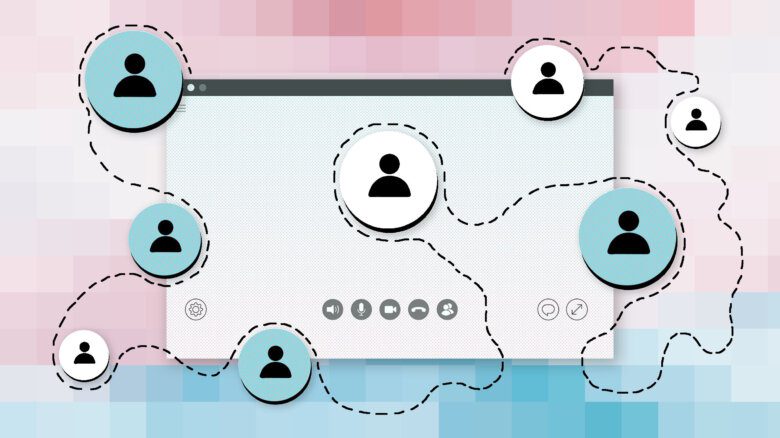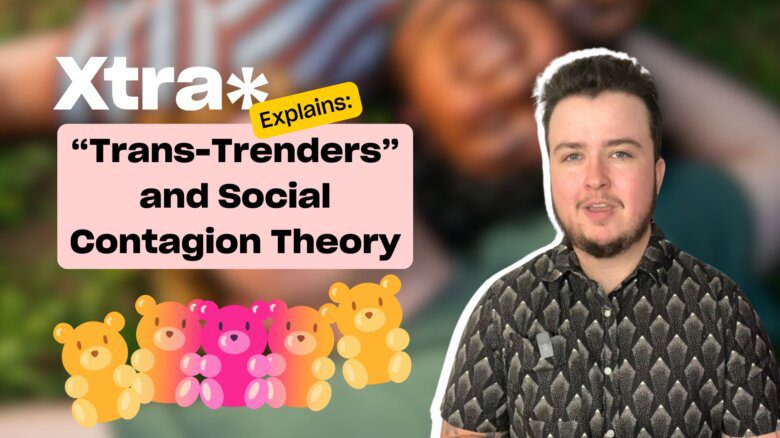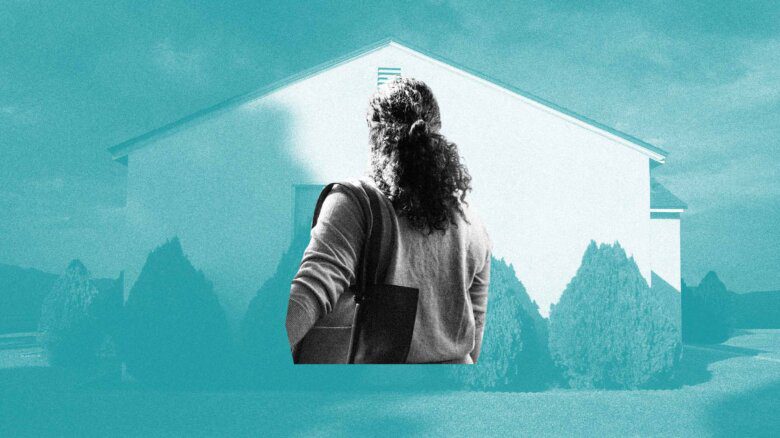From coast to coast, queer and trans Asian Canadians are coming out of the shadows and showing the world who they are. With anti-Asian violence on the upswing due to racist misperceptions about the origin and spread of COVID-19, and after more than two years of physical distancing due to the pandemic, many queer Asians feel that need to come together more urgently than ever before. In Montreal, they gathered in July for the Lotus Festival, the city’s inaugural queer Asian art and culture celebration, to vogue to the sounds of K-pop, city pop and Mandopop under colourful lights while sipping kumquat cocktails. In Toronto, they are running youth groups to help teenagers in the community go through the coming-out process. And, in Vancouver, they are having regular multigenerational Drag ’n’ Dim Sum events where queer Asians of all ages and their families can come enjoy drag performances while eating har gao and chang fen.
“We’ve never had this before, so this was really meaningful for the community. I’m feeling really full in my heart. I’m very, very lucky to be able to do this kind of work,” says an emotional Komodo, a Montreal-based burlesque and drag performer and co-organizer of Lotus. Born in Edmonton to a Chinese-Bruneian family (Brunei being a country where homosexuality can still be punished by stoning to death), Komodo has come a long way to fully live in their queerness. Growing up, they were intensely judged and rejected if they wanted to present in a gender-fluid way. But last month, everything was different.
In front of a cheering crowd, Komodo went onstage to give a breathtaking burlesque performance exploring the significance of wearing a qipao, a traditional Chinese dress. The audience followed their every movement—from voguing around the stage, to slowly slipping on their dress and to finally leaning down in front of a mirror to put on lipstick to complete the ensemble. When they completed their look, Komodo paraded around the stage, striking various poses. At the end of the performance, the room exploded with cheers and applause for several minutes in front of a tearful Komodo. For a long moment, they just stood there crying, basking in the validation they never dreamed they would get one day as a child.
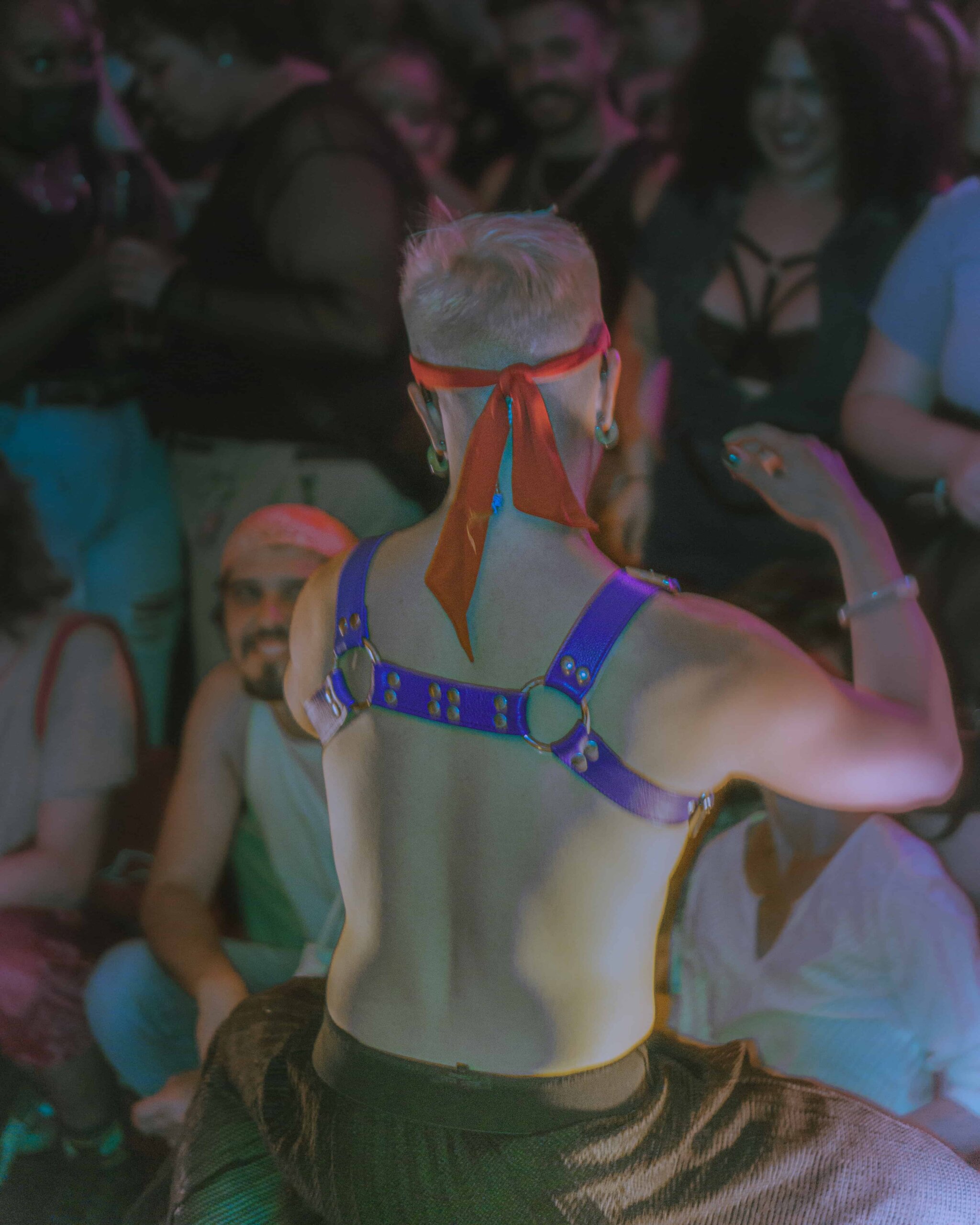
Credit: Dayana Matasheva
“It was very healing for me. Those were tears of joy, and immense validation that I can be seen, recognized and celebrated like this,” they say, tearing up again. “It was the first time I wore a qipao and lipstick in front of people. It was a very vulnerable moment for me, exploring my gender fluidity.”
Given the scarcity of Chinese-Bruneian voices, Komodo considers contributing their time to events like Lotus to be their duty. What they love the most is organizing events where queer Asian folks can show their multifaceted, authentic selves to the world. “Each day, we had DJs who, when given the space, really brought their sounds and their flavours that Montreal has never heard of. There were performances showing drag from countries and regions that we’ve never seen in Montreal,” they say. “We were shown how Asian bodies can express sexuality in many different ways.”
The Lotus Festival featured a diverse list of participants: from Yuko, a Japanese-Canadian baker who started her own small business making Asian pastries during the pandemic, to Nori and Matinda, a non-binary Indian-Japanese-Congolese couple who had a pop-up of their own: DIY online thrift store Vintage 4 Freaks. That multifariousness helps break harmful one-note stereotypes, like that gay Asian men are submissive sexual objects for white men or that queer Asian women are sexually exotic and passive. “The one message I want attendees to take from this festival,” Komodo says, “is that we are multifaceted people who have much to contribute to this world.”
Komodo feels that it is especially important to bring the community together for a celebration after some difficult years marked by violence, racism and illness. “There’s so much queer Asian stuff across Canada. But it’s so hard to find for people who are just coming out, or who are younger and don’t have access to a queer Asian community because it’s somewhat underground,” says Ryan Tran, the manager of education and outreach at Asian Community AIDS Services (ACAS) in Toronto. “It’s hard to know where to start.” Tran sets up booths at different Asian events around the city to increase his organization’s visibility in the community. To date, ACAS has had booths in the Chinatown festival and the queer Filipino festival, amongst others.
“What’s beautiful about us queer Asians is the resilience that we have.”
Tran is particularly proud of their When You’re Ready program, which is an eight-week program that supports Asian youth in the process of coming out, and is run by a youth coordinator. Every week, 10 to 12 youth meet to discuss different aspects of coming out in a safe environment. Themes range from queer Asian identity and communicating with parents to dating, relationships and sexual health. During the sessions, participants are encouraged to share their experiences of coming out, of being queer and Asian and of finding representation. “We don’t really have a road map about how being queer and Asian is supposed to be like. So it’s all about figuring that out together, creating that together, exploring that together,” Tran says. The program has done so well that there is currently a waitlist to enroll in one of the four cohorts they have per year.
Van Dang, the mother of the Vancouver drag family House of Rice, and the founder of the party collective Ricecake, also cares deeply about welcoming younger queer Asians. With House of Rice, he has created the Drag ’n’ Dim Sum event to allow younger queer Asians and their families to find community; unlike the queer party scene, these events are accessible to children. “It’s powerful for queer Asian youth, who may not even know that they’re queer, to come to an event where they can see all these drag performers, people playing with their gender expression onstage and just living large,” they say. “It’s such an impactful thing for those youth who can’t make it to these queer parties. At our last dim sum, we even had a one-year-old baby!”
Dang is happy to see a lot of families coming to support the performers and breaking taboos around queerness in the Asian community. Parents have been known to give their kids money to tip the Drag ’n’ Dim Sum performers. Dang’s Ricecake collective curated a show this summer at the Vancouver Pride Society’s Sunset Beach Festival. The festival has completely been overtaken by queer and trans BIPOC performers this year, featuring acts such as Tamil-Swedish “fetish rapper” Tommy Genesis and Filipina drag queen Stephanie Prince.
“What’s beautiful about us queer Asians is the resilience that we have. We’ve survived this pandemic of anti-Asian racism, we’re still fighting and pushing more to break through. I feel like we’re on this queer Asian revolution right now across Canada,” Dang says. “Every city is trying to build more community and band together. And I think it’s because we grow up with such a strong sense of family. So when it comes to our community, we treat it like our family.”
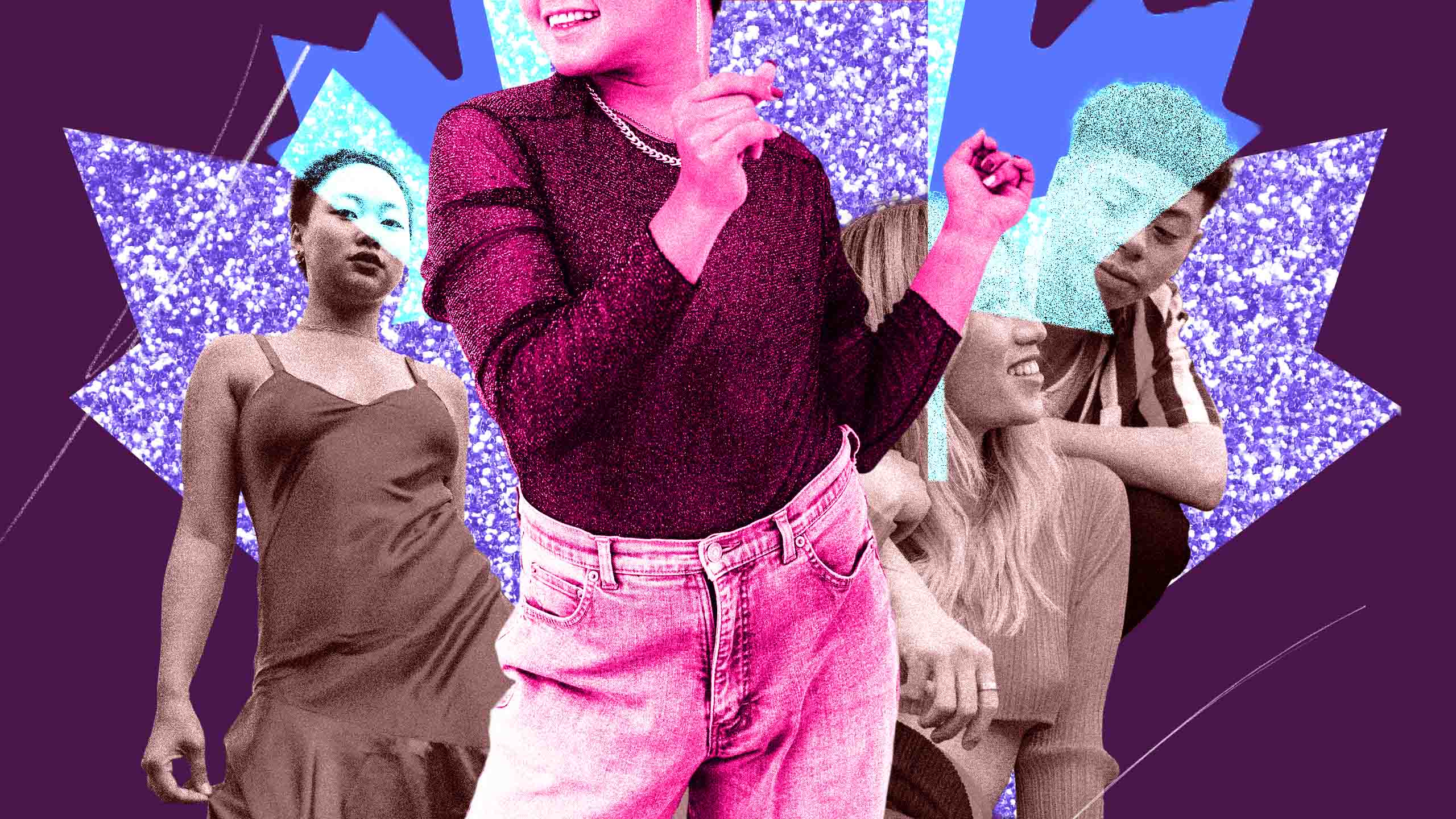
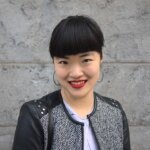
 Why you can trust Xtra
Why you can trust Xtra